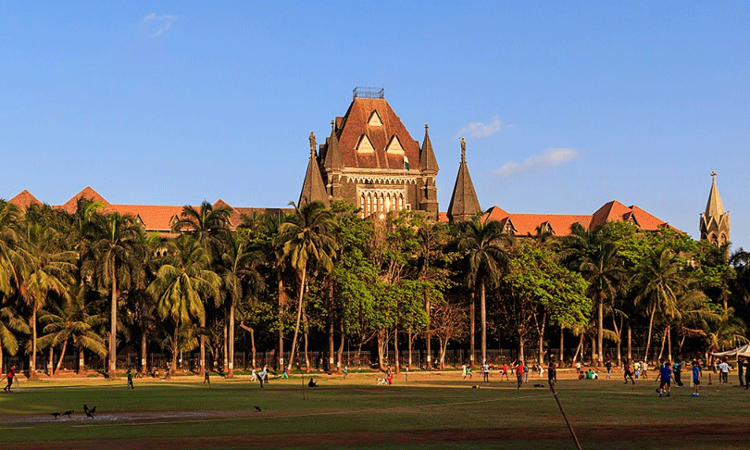The High Court of Bombay has held that mere pendency of a Civil Suit is not an absolute bar to a petition under Section 11 of the A&C Act as long as the petitioner can withdraw its suit before the defendant file its statement on the issue. The Single Bench of Justice G.S. Kulkarni held that it is also permissible for the Civil Court to consider an application of the plaintiff...

